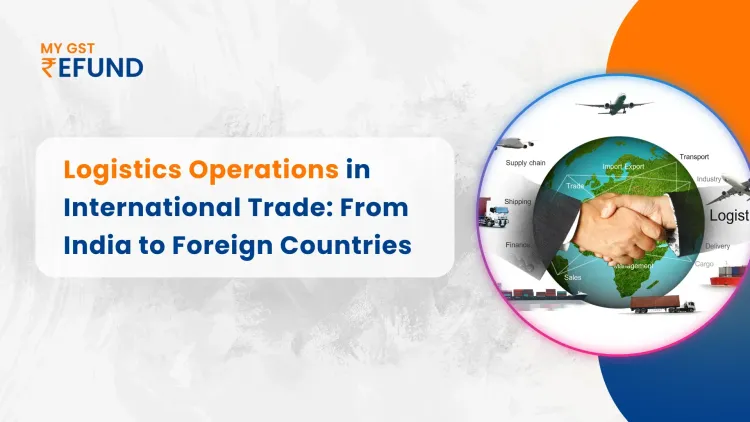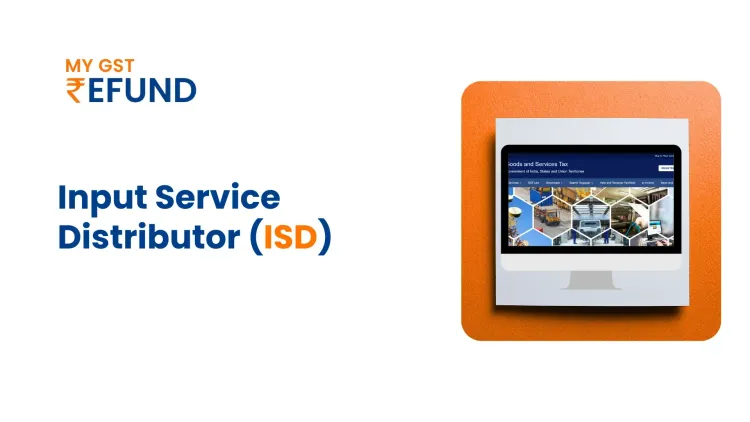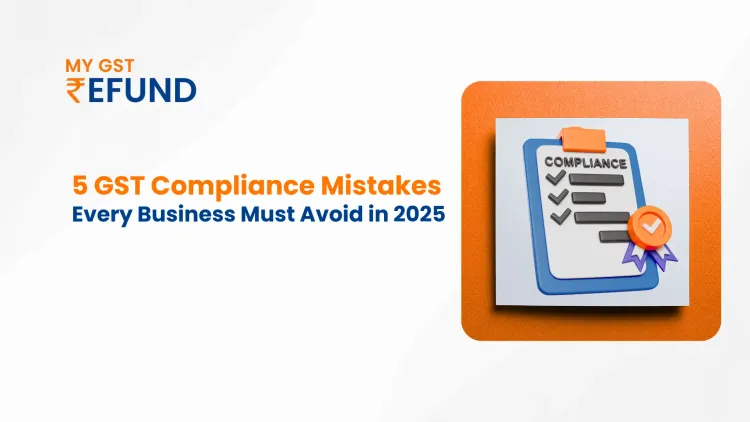GST Council gives some relief to e-gaming firms
Published on: Thu Aug 03 2023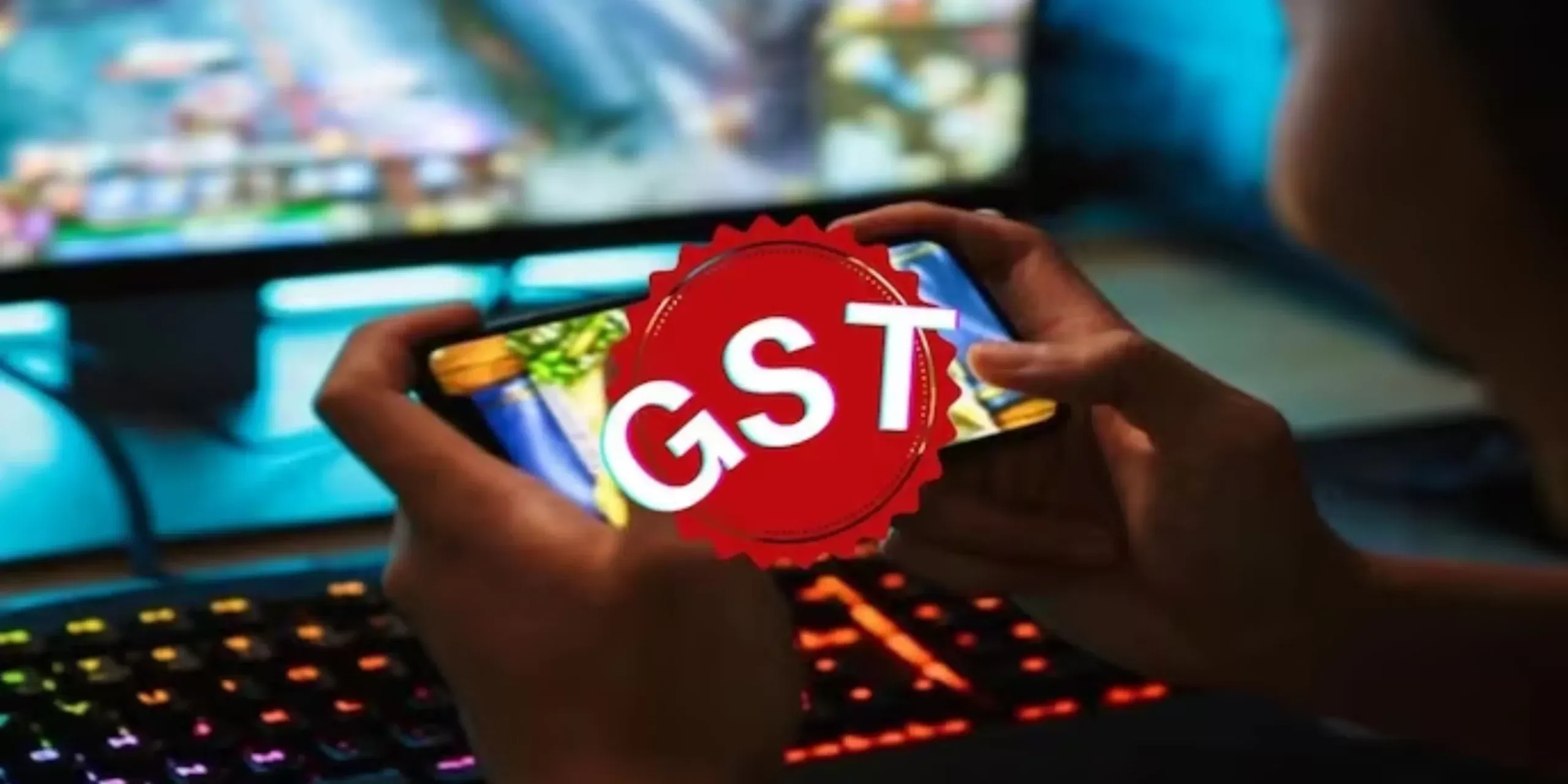
The GST Council made a significant decision to exempt winnings from online gaming and casinos from the 28% tax on face value, providing a much-needed relaxation to the fast-growing industry. However, the tax will still apply to the total bet placed at entry level for each gaming session, not on each round of betting on the gains redeployed, according to the final rules set by the council through video conferencing.
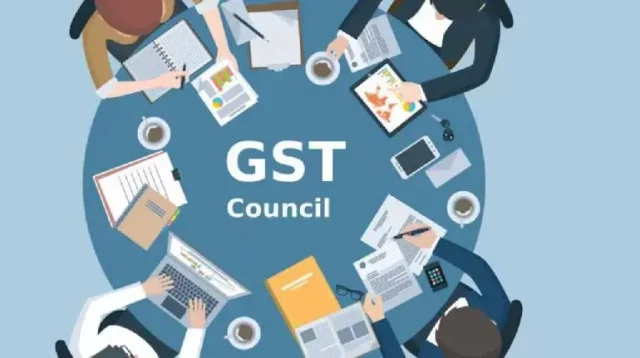
While three states, namely Delhi, Goa, and Sikkim, dissented, they chose not to exercise their right to vote against the resolution. Previously, on July 11, the Council had imposed a 28% GST, the highest slab, which caused concern among leading gaming companies and prominent investors like Tiger Global and Peak XV (formerly Sequoia Capital India). These stakeholders wrote to the government, requesting reconsideration of the decision.
Industry sources predict that the revised outcome may allow larger gaming firms to continue operating, but smaller ones may face difficulties and may even be forced to close due to the heavy tax burden, which could increase by as much as 400-500% compared to the previous tax incidence of 18% on platform fees.
In addition to the exemption, the Council also approved a rule requiring foreign online gaming companies to register themselves with the GST authorities and pay the tax to offer their services to Indian gamers. Non-compliant firms will be blocked from providing services. These provisions will be included in the law through an amendment to the Integrated GST Act, 2017.
Also Read: GST Rule Change from today to Impact Lakhs of Indian Companies
The government plans to introduce amendments to the Central GST Act during the ongoing monsoon session of Parliament, followed by state assemblies passing similar amendments, paving the way for changes in the law by October 1. The Council has decided to review the new tax structure six months after its implementation under the amended rules.
Finance Minister Nirmala Sitharaman clarified that the valuation will be based on the amount paid or payable to the supplier, excluding amounts entered into game bets from previous games and bets, and not on the total value of each bet placed. The tax will apply to the entry level payment for chips and not to each individual game’s betting amounts.
For example, if a participant pays Rs 1,000 as a contest entry amount and wins Rs 500, 28% GST will only apply to the Rs 1,000 entry amount, and the bets played from the Rs 500 winnings will not attract GST. However, if the gamer takes back the initial bet amounts placed, they will not be eligible for any refund of the tax paid with the initial deposit.
Also Read: Services by directors to companies not taxable under GST RCM
The Centre has filed a Special Leave Petition in the Supreme Court to challenge the recent Karnataka High Court ruling that quashed a Rs 21,000-crore show-cause tax notice issued to Bengaluru-based Gameskraft Technology (GTPL). The Revenue Secretary stated that a 28% tax on online gaming had always existed, and the Council is merely clarifying its position, deferring to the Court’s decision on the matter, which will be valid until the new rules take effect.
During the Council meeting, Delhi requested a complete review of online gaming taxation, while Goa and Sikkim supported a higher 28% rate but asked for the tax to be levied on gross gaming revenue or platform fees. Tamil Nadu, which has already banned online gaming, asked for a legal amendment to ensure that the ban is not diluted.
Several other states, including Chhattisgarh, West Bengal, Maharashtra, Uttar Pradesh, Himachal Pradesh, Maharashtra, Gujarat, Karnataka, and Bihar, urged the Council to implement its decision from the last meeting as the matter has already been debated for three years.
Are you Looking for GST Refund Service? Mygstrefund.com offers GST refunds on business, exports, and many more if your GST application is rejected. Get in touch with us today.
Related Posts


